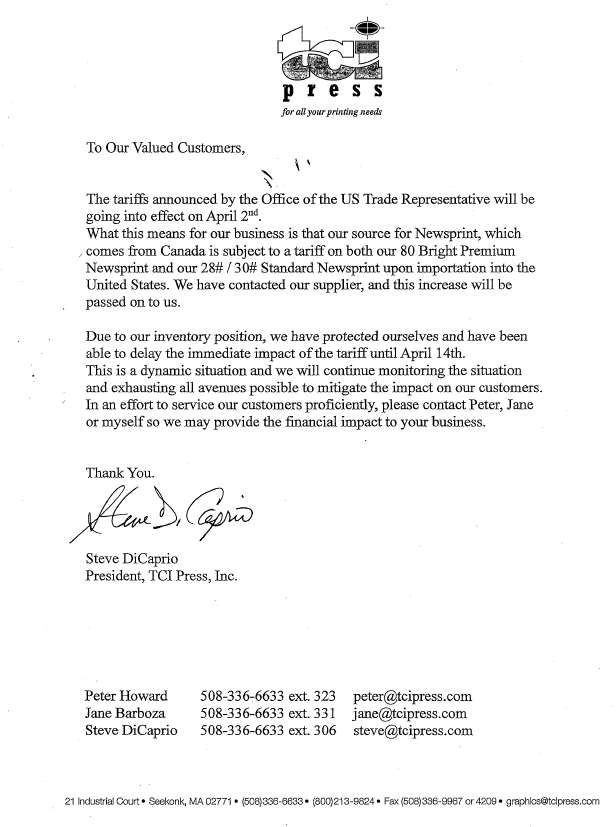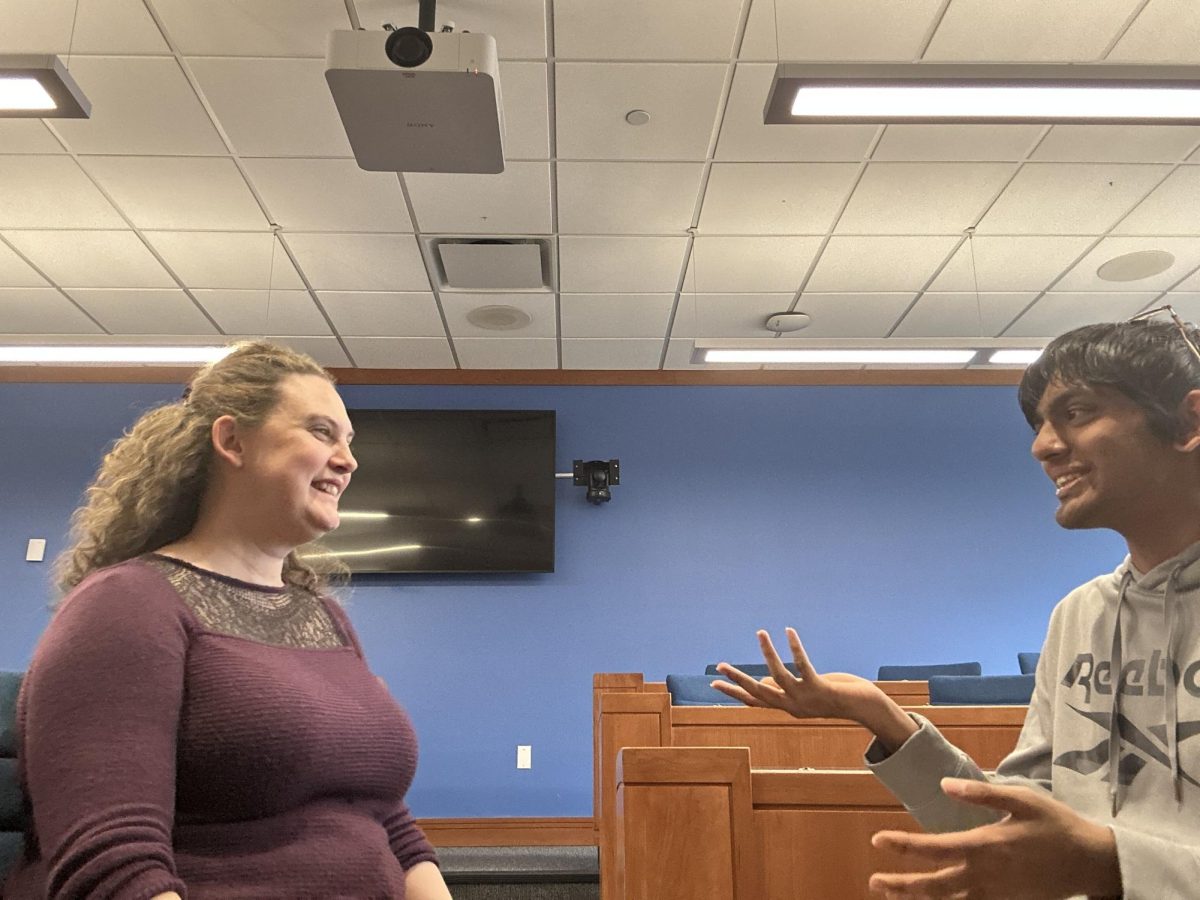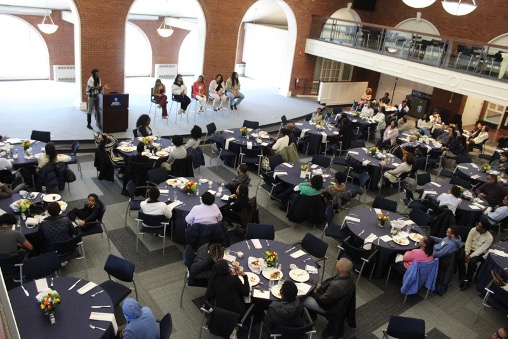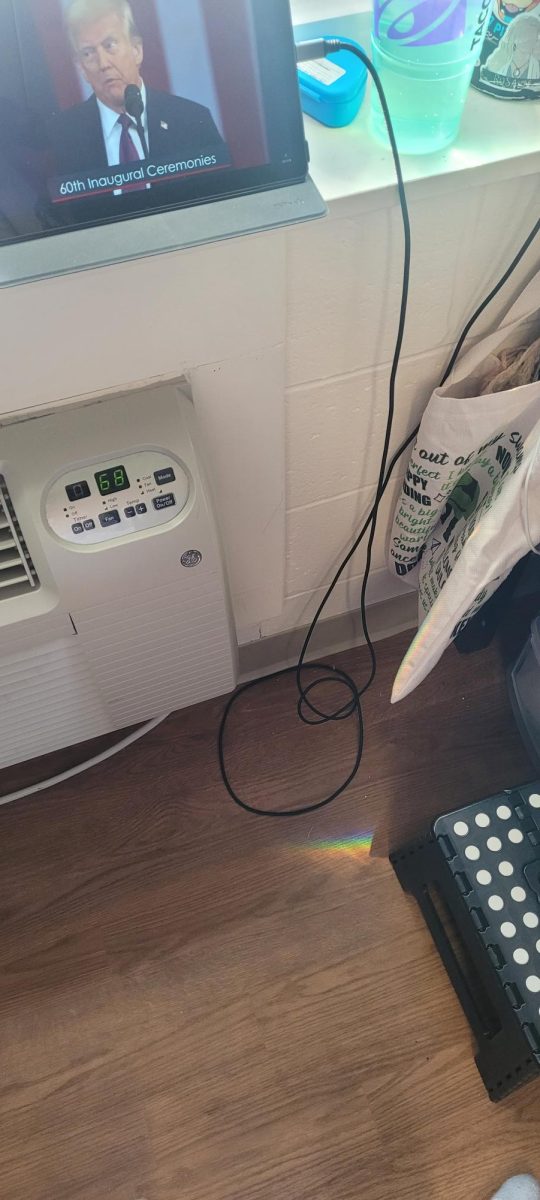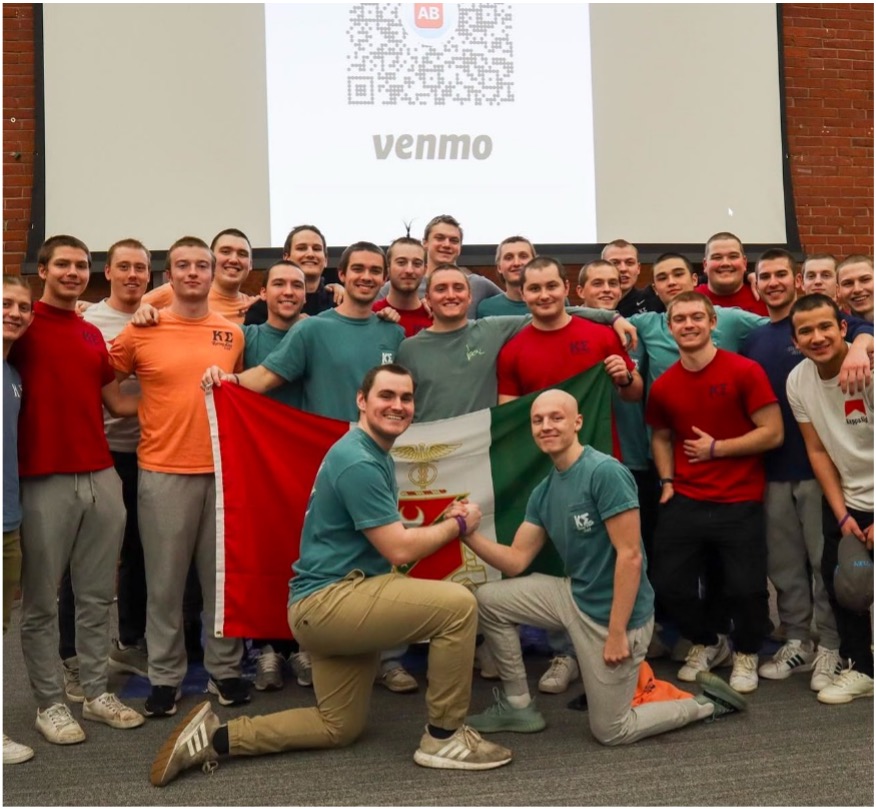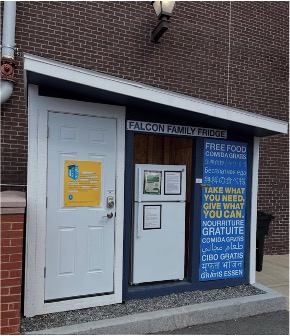
Food insecurity, defined as the lack of access to nutritionally adequate food, is a concern for a significant proportion of the US population. Food insecurity and its connection to traditional college students, individuals ages 18 to 25, is notable. College students tend to experience food insecurity at a frequency that exceeds that of the average general population. College students often hold jobs or internships that pay less than full-time employment, reside far away from family support systems, and have non-traditional schedules that may not support the conventional breakfast-lunch-dinner schedule they were accustomed to before college.
Food insecurity is not a small matter, as it is associated with negative effects on college students’ academic performance, physical health, and mental health concerns, such as anxiety and depression. Estimates across the US note that between 19% to 56% of college students have or will experience food insecurity during their college career, and many campuses report food insecurity prevalence around four times the national average. The reality of food insecurity becomes increasingly apparent, as the federal Pell Grant often fails to cover the majority of college costs. Colleges and universities’ budget cuts have led to higher tuition and fees for most students. Moreover, college students’ ability to balance a personal budget is tough during this critical period. How is Bentley University addressing the challenge of food insecurity?
At Bentley University, programming initiatives, such as the Falcon Family Fridge and Swipe Out Hunger, have been developed in recent years, with the latter launching in 2023. According to Bentley University’s webpage on “meeting basic needs,” the Falcon Family Fridge is a place where anyone in the community can donate and take food. The website promotes the principle: “Take what you need, leave what you can.” The Falcon Family Fridge is located outside of Jennison, on the lower level, facing a parking lot/open space. The fridge, which is actually a shelving unit with plastic containers filled with nonperishable foods, and a separate fridge for perishable items, sits inside a shed-like structure that was recently painted. The landing page for the fridge highlights its convenient location, being near a shuttle stop and close to 15-minute parking spots. Could the location be located where most students live?
According to the same website, Bentley’s Swipe Out Hunger program is based on best practices provided by the national Swipe Out Hunger organization. These include students submitting requests for free meal swipes, with a limit of up to 25 swipes per semester. The Swipe Out Hunger Committee then reviews submissions within two business days. If the request is approved, the requested number of meal swipes will be added to the student’s Bentley ID. Who is the committee? Bentley staff members who work in various student-facing departments within Bentley University.
If a student does not receive approval from the Swipe Out Hunger Committee, uses all of the 25 meal swipes, if they are approved, or during the break periods when the dining halls are closed, they can visit the Falcon Family Fridge. The “community” donates to the Falcon Family Fridge, and its supplies are not guaranteed. The same website offers email notifications for leftover food from campus events and a list of food pantries in the Waltham area. Is Bentley meeting the moment regarding food insecurity?
Brandeis University, our other Waltham college, is on par with Bentley in addressing food insecurity, featuring a similar Swipe Out Hunger program and the Brandeis Food Pantry. The Brandeis Food Pantry provides prepackaged bags of non-perishable food and essential hygiene items to students. Brandeis’ food pantry does not offer perishable food, and at its inception, was only available for graduate students. Of note, Brandeis partners with Healthy Waltham, a local food pantry from which it receives donations.
Food insecurity is a real and impactful issue that deserves acknowledgement and thoughtful attention. Bentley is attempting to meet the moment, but its response is not wholly tackling the issue, and Bentley students should expect more. Additional housing, check; the remodeling of buildings, check; a robust answer to food insecurity…we will wait and see.












